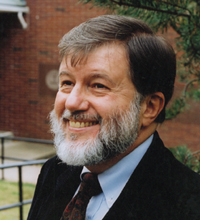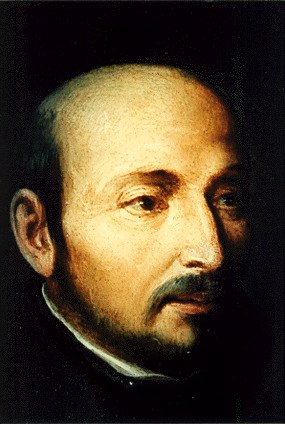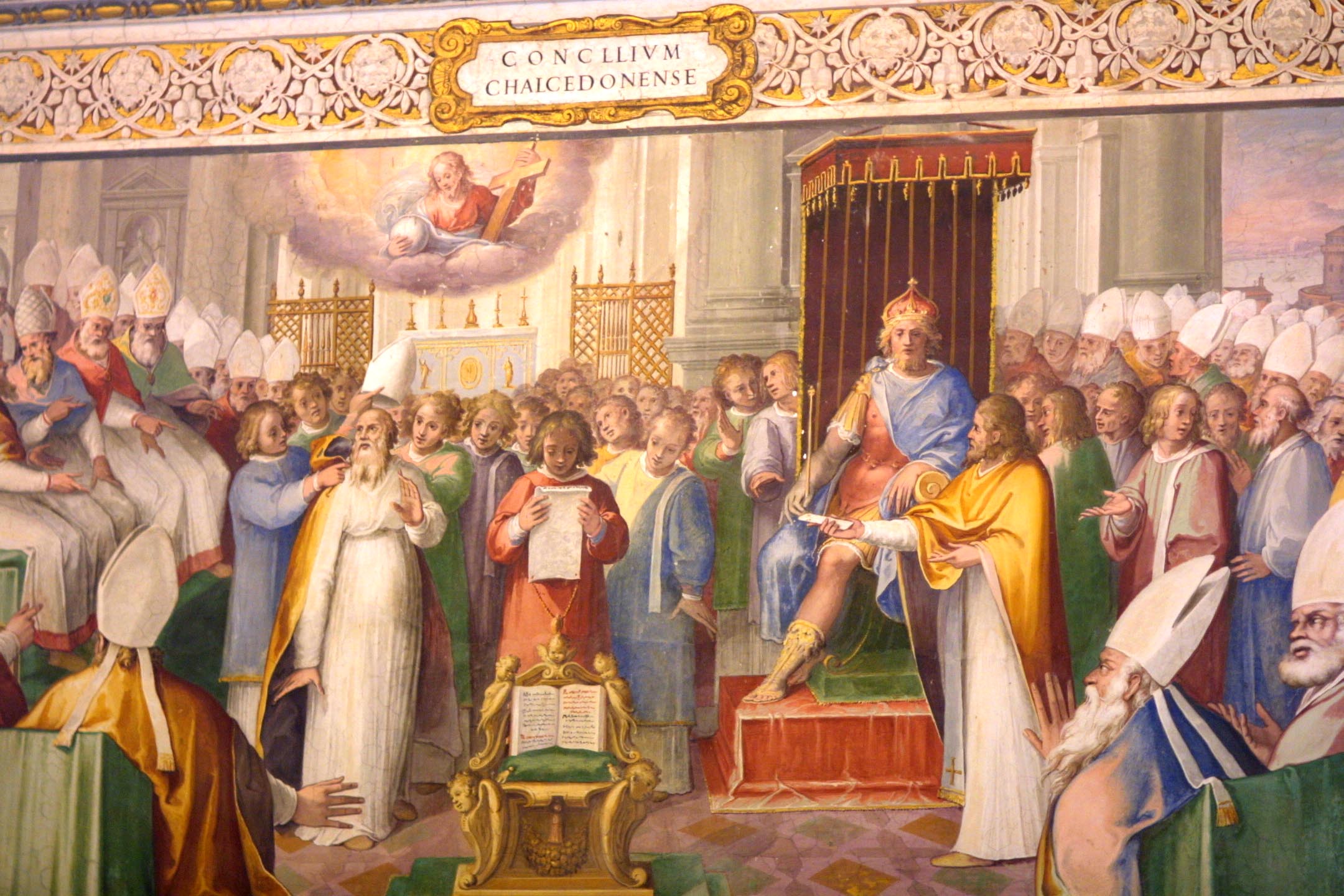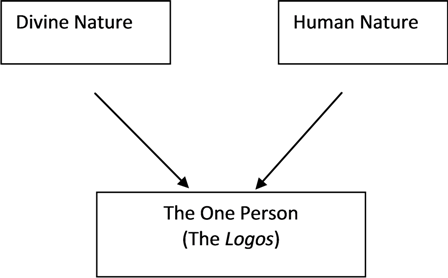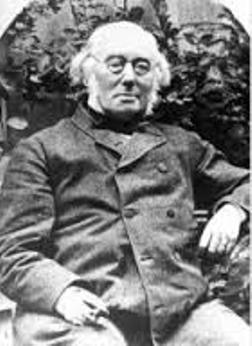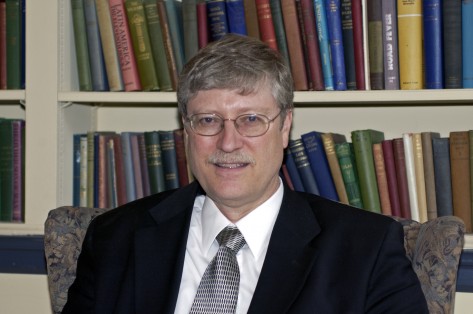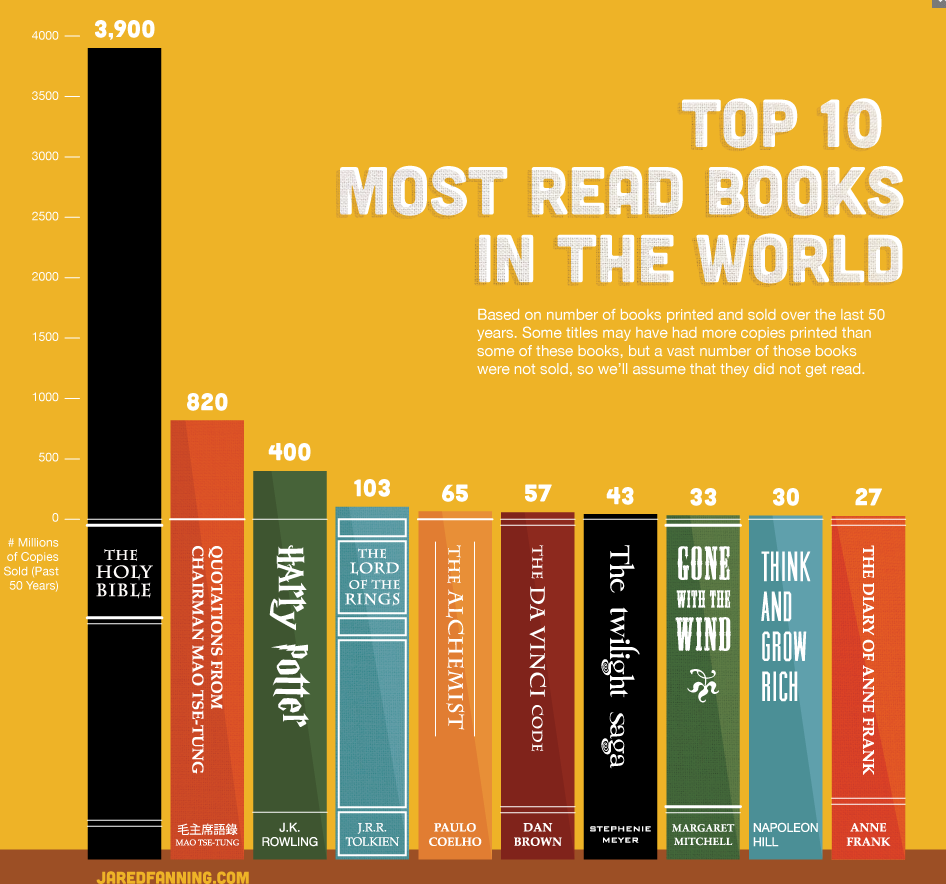 James 1:12
James 1:12
Blessed is a man who perseveres under trial; for once he has been approved, he will receive the crown of life which the Lord has promised to those who love Him. (NASB)
Blessed is anyone who endures temptation. Such a one has stood the test and will receive the crown of life that the Lord has promised to those who love him. (NRSV)
These two translations indicate an immediate interpretive issue with respect to this verse: does it belong with the section dealing with the matter of trials which began in verse two, or is it the beginning of a new section incorporating verses twelve to fifteen and dealing with the matter of temptation? The key word is peirasmos which appears in verse two, here in verse twelve, four times in verse thirteen, and once in verse fourteen. The word has two basic meanings in the New Testament, corresponding to the two meanings used in this chapter of James. First, the word can denote external afflictions, especially persecution, and second, it can refer to the inner enticement to sin (Moo, 59). This range of meaning suggests that James may be using verse twelve to transition his focus from the external pressures experienced by the community, to the internal motives and attitudes which they experience precisely on account of the external trials. It is not uncommon that one’s response to external trials may itself be another trial. The two often belong together, and we err when our entire focus is turned outward as though our circumstances are our only trial, when in fact, our response to those circumstances is also a trial which we must endure and perhaps overcome. This way of viewing the text helps us find unity in the overall section from verse two through eighteen, rather than viewing the whole as a series of disconnected exhortations.
We begin by noting the resonance in this verse with what has gone before. As already noted, the key term peirasmos picks up the opening thought of verse two. The testing (dokimion) of our faith in verse three produces endurance (hypomonē). In this verse James pronounces as blessed those who endure (hypomenē, the verb form of hypomonē), for they have stood the test (dokimos). Finally, the promise that they shall receive (lampsetai) the crown of life stands in subtle contrast to the double-minded person of verse seven who must not expect to receive (lampsetai) anything from the Lord. These verbal links with the earlier passage suggest that James is reiterating and extending his earlier comments, and bringing those exhortations to their climax. Not only does endurance under trial develop good character, but it also brings the promise and hope of eschatological blessing. In light of these considerations, the NASB’s interpretation is preferred.
“Blessed is the man” (Makarios anēr hos) is almost formulaic language in Old Testament appearing six times in Psalms and twice in Proverbs (Davids, 79; cf. Psalms 1:1; 2:12; 32:1; 112:1; 119:1-2; Proverbs 8:32, 34, etc). James, then, is taking over biblical language, though his use of anēr (“man”) is not required to make sense of the sentence and should not be used to limit this blessing merely to males. Thus, while the NASB provides a very literal translation, “blessed are those” or the NRSV’s “blessed is anyone” are more appropriate to convey the sense intended. The person so blessed is the one who perseveres under trial as already explained in earlier verses. Such a one, having stood the test is approved (dokimos). In verse three dokimion emphasised the process of testing, whereas here the emphasis is more on the person who has successfully endured that process and so “passed” the test (McKnight, 111). This person will receive (lampsetai) the crown of life, the future tense indicating that the promised blessing still lies in the future, especially perhaps for James’ suffering community.
What, precisely, is “the crown of life” (ton stephanon tēs zōēs)? Virtually all commentators read this phrase as epexegetical, that is, “the crown which is life.” This is another way of saying that those who persevere will receive God’s promise of salvation which is eternal life. The same phrase is found in Revelation 2:9-10 and its use there, in the ascended Christ’s message to the suffering church of Smyrna, may have relevance for interpreting our text:
I know your tribulation and your poverty (but you are rich) and the slander of those who say that they are Jews and are not, but are a synagogue of Satan. Do not fear what you are about to suffer. Behold, the devil is about to throw some of you into prison, that you may be tested, and for ten days you will have tribulation. Be faithful unto death, and I will give you the crown of life (ton stephanon tēs zōēs).
This text has similar characteristics to James 1: the apocalyptic context of trials by which the community is tested. It is not insignificant that James’ community may well be persecuted by other (wealthier?) Jews. Nevertheless the trials are limited in duration, and over against the threat of death is the promised “crown of life.” In Revelation chapter four, the elders clothed in white garments (a picture of the church?) are crowned with golden crowns which they cast in worship before throne (Revelation 4:4, 10). As God’s people endure the testing of their faith even to the point of death, they will be crowned as victors, as those who have triumphed over the opposition. The imagery of the crown is most commonly used of the wreath awarded to victorious athletes in the games (Davids, 80; cf. 1 Corinthians 9:25 where “wreath” translates stephanon). A similar sense is seen in Paul’s words to Timothy in 2 Timothy 4:7-8:
I have fought the good fight, I have finished the race, I have kept the faith. Henceforth there is laid up for me the crown of righteousness, which the Lord, the righteous judge, will award to me on that Day, and not only to me but also to all who have loved his appearing.
Paul’s crown of righteousness is the equivalent of James and John’s crown of life, and Peter’s “unfading crown of glory” (1 Peter 5:4). Each in slightly different ways refers to the eschatological blessing and recognition awaiting those who faithfully endure. The whole life of the believer will be “crowned” as it were, by their entering into the life “promised” (epēggeilato) to those who love him (tois agapōsin auton). They shall receive the honour and acknowledgement of those in God’s royal presence, his children, and heirs of the kingdom.
The subject of the promise is identified in both translations above as “the Lord,” the italics in the NASB indicating that these words have been supplied by the translators. A better translation would supply “God” as the subject of the promise and so bring this verse into harmony with James 2:5 where an identical construction is used (“promised to those who love him”), and where the subject of the sentence is explicitly identified as God. There is no explicit promise in the Old Testament that James is here citing, though a number of texts do promise God’s steadfast love to those who love him (see, for example, Exodus 20:6; Deuteronomy 7:9; Psalm 145:20). James generalises the broad sweep of Scripture in which those who love God and therefore stand firm in times of trial will be those who receive his blessing.
